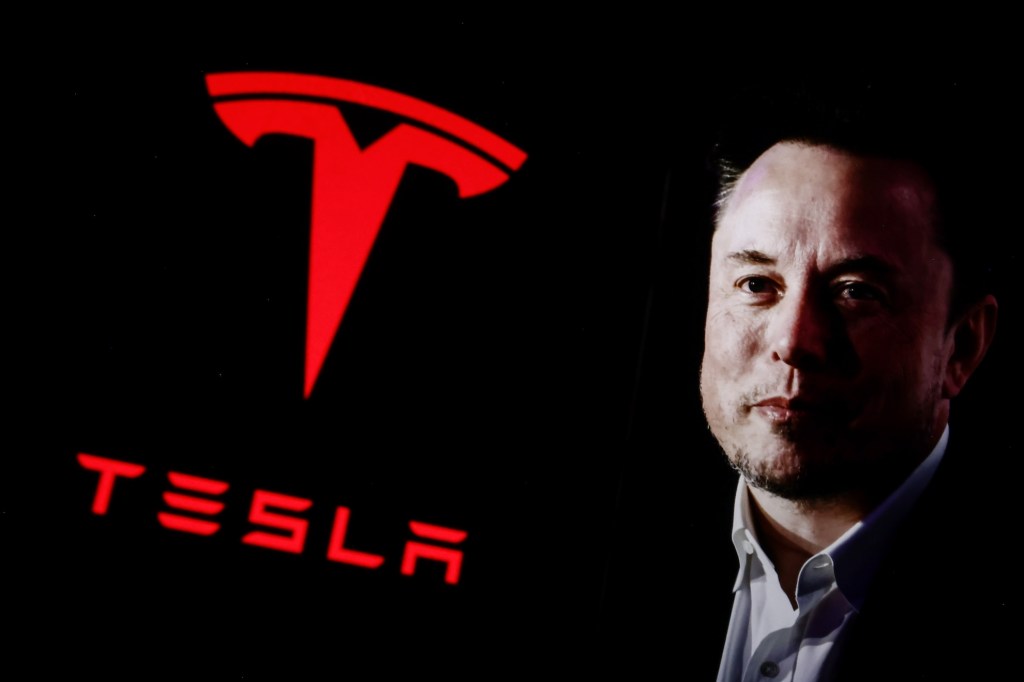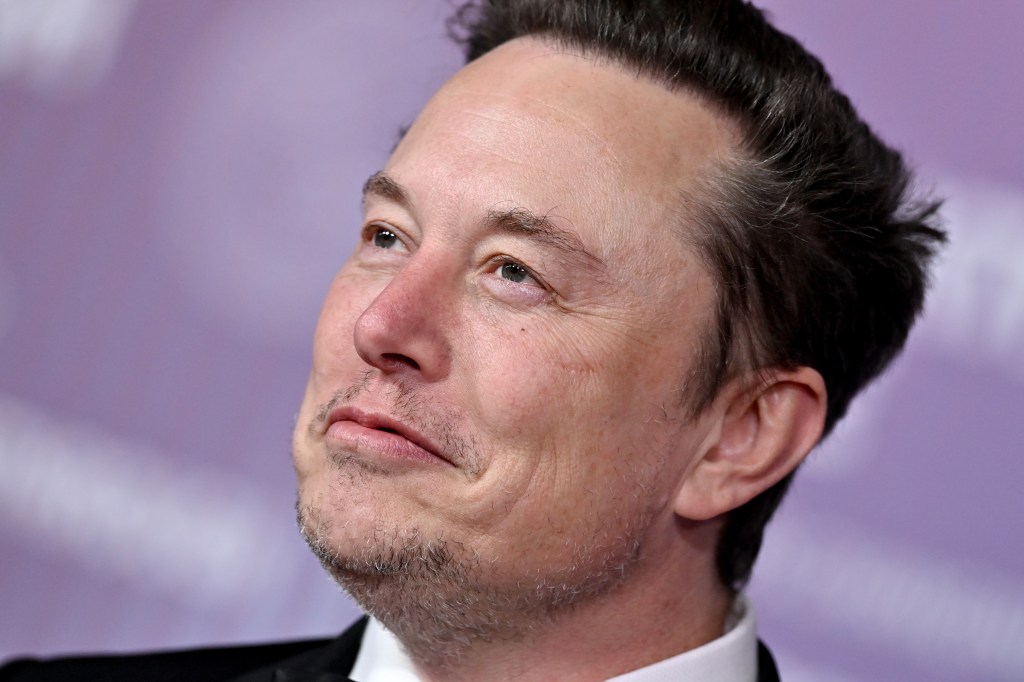Article Title: Norway’s Wealth Fund Opposes Musk’s $1 Trillion Tesla Compensation Plan
In a significant development, Norway’s sovereign wealth fund, managed by Norges Bank Investment Management (NBIM), has voted against Tesla’s proposal to grant CEO Elon Musk a compensation package valued at $1 trillion. This decision adds to the mounting challenges Tesla faces in securing approval for what would be the largest corporate performance pay package in history.
NBIM, holding a 1.14% stake in Tesla worth approximately $11.7 billion as of June 2025, expressed concerns over the proposed compensation’s magnitude, potential shareholder dilution, and the absence of measures to mitigate key person risk. In a statement, the fund acknowledged Musk’s visionary leadership but emphasized the need for a compensation structure that aligns with their executive pay principles. They also indicated a desire for ongoing constructive dialogue with Tesla on this and other matters.
This opposition from NBIM follows recommendations from advisory firms ISS and Glass Lewis, both of which have advised shareholders to vote against the compensation package. Despite these setbacks, the proposal’s fate remains uncertain, as it requires majority shareholder approval.
Elon Musk has defended the compensation plan, suggesting that it is less about financial gain and more about maintaining control over Tesla’s strategic direction. He has hinted at the possibility of departing the company if the package is not approved, underscoring the high stakes involved.
The proposed compensation plan is ambitious, tying Musk’s rewards to Tesla achieving an $8.5 trillion valuation and significantly increasing its earnings. These targets reflect Musk’s bold vision for the company’s future, including advancements in AI and robotics. However, the plan has been criticized for lacking specific details, particularly regarding Tesla’s Master Plan 4, which outlines the company’s long-term strategy but remains vague on execution.
As the shareholder vote approaches, the outcome will have profound implications for Tesla’s governance and Musk’s role within the company. The decision by Norway’s wealth fund highlights the broader debate over executive compensation and corporate accountability in the context of ambitious growth targets and visionary leadership.



